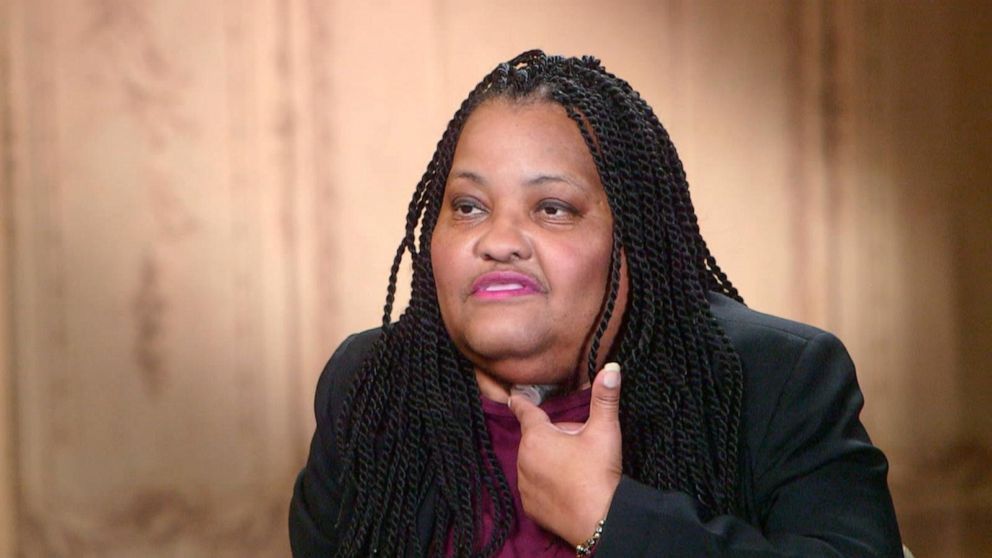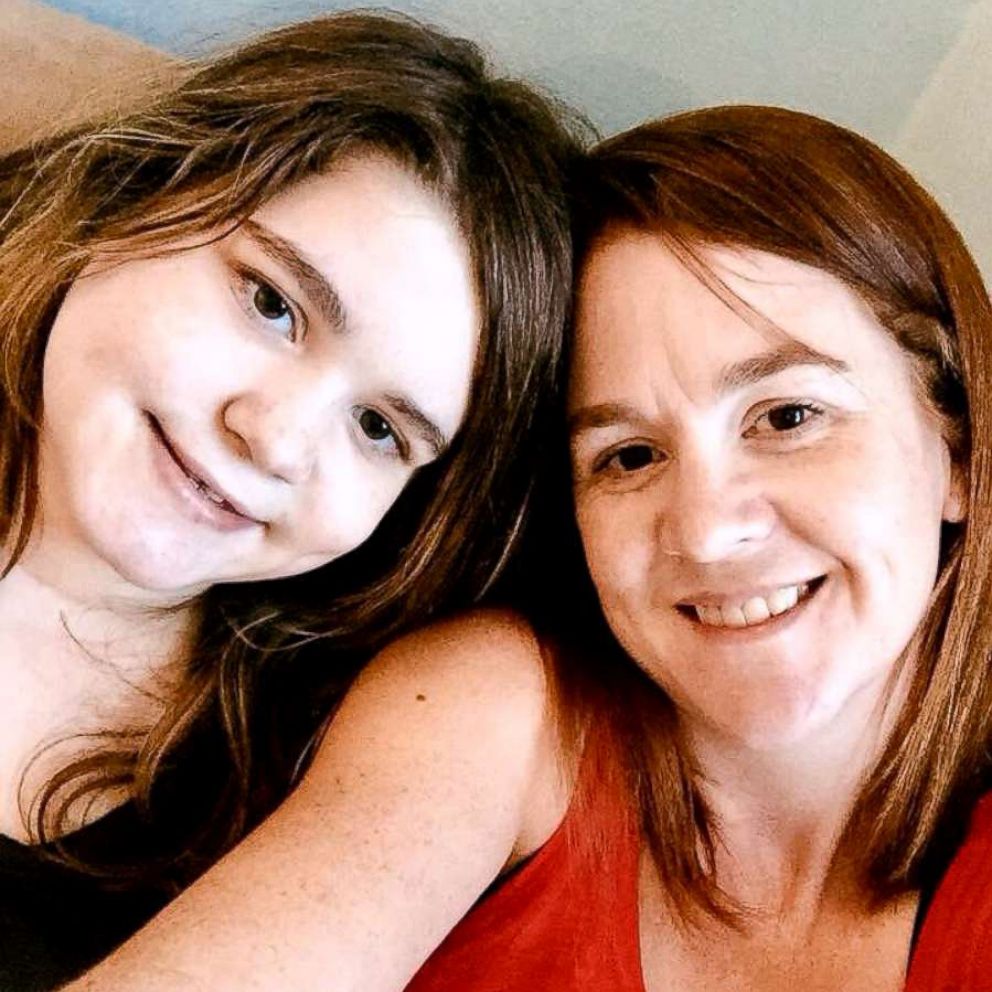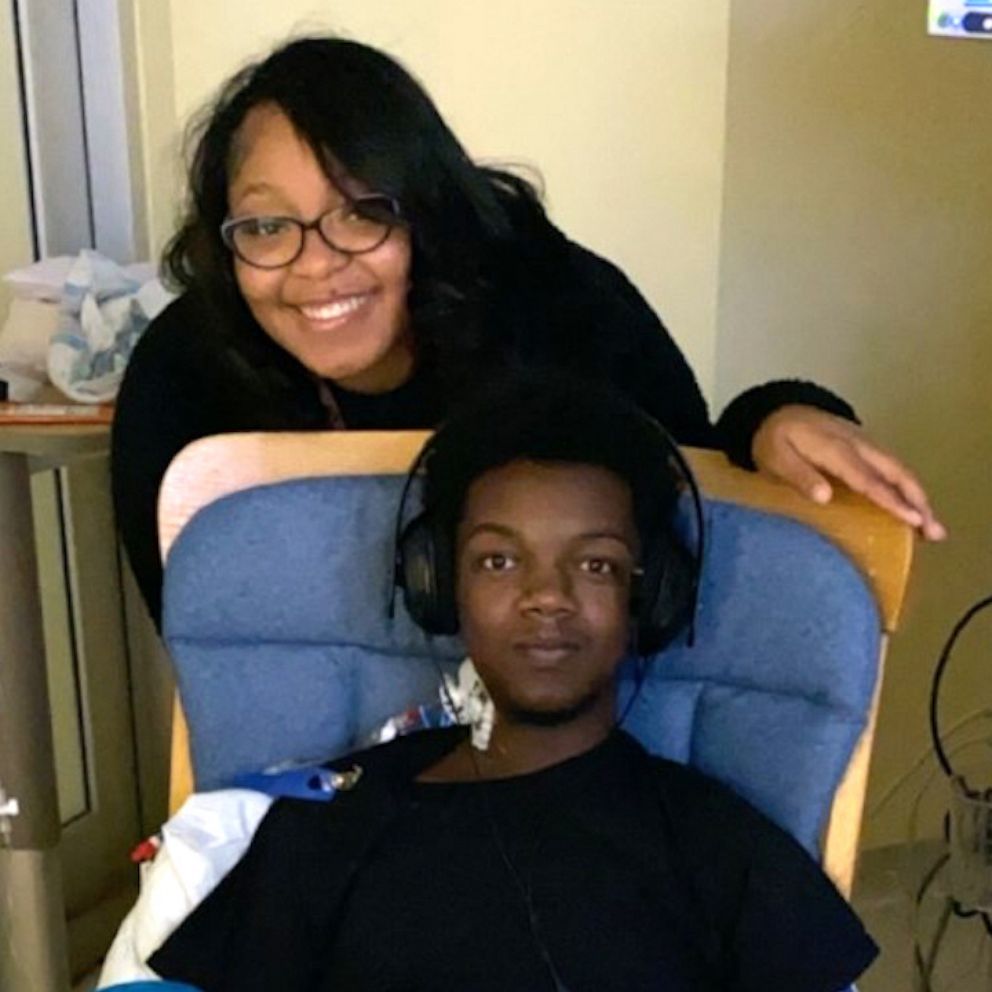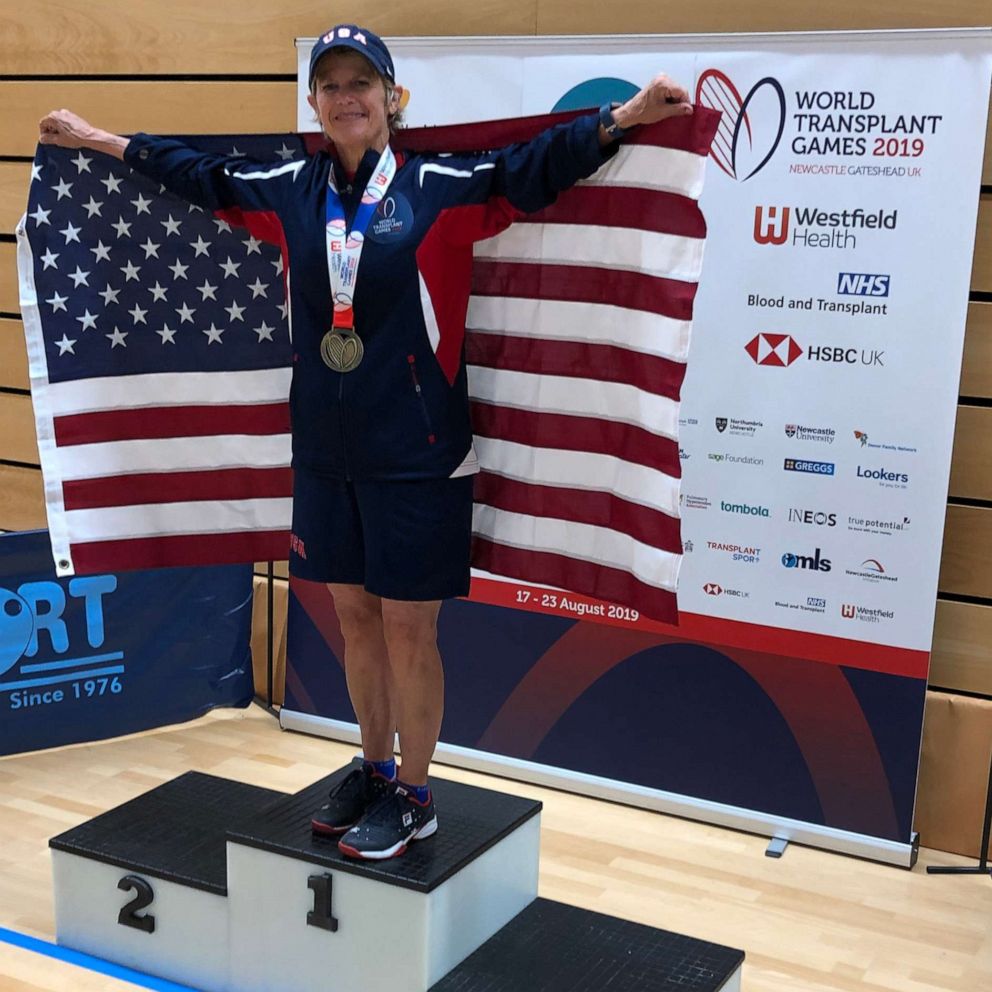57-year-old woman undergoes 1st-ever trachea transplant
When Sonia Sein of New York City suffered damaged vocal cords and trachea due to intubation that left her windpipe scarred, she didn't know if she would be able to live a normal life again.
Six years ago, the 57-year-old experienced a life-threatening asthma attack that forced ER doctors in the Bronx to intubate her. And in the process, the tube damaged her vocal cords and her trachea essential for speaking, breathing and normal lung function.
After undergoing several medical procedures, Sein was left with a temporary hole in her windpipe that she needed to cover in order to speak.
"I think I lived more in the hospital than I did at home," Sein told "Good Morning America." "I wasn't able to do running, going to the beach, laughing, dancing."
Things were tough for Sein, who also lived in constant fear that she would suffocate in her sleep due to her condition. It wasn't until recently that things started looking up.
After years of work, Mount Sinai head and neck surgeon Dr. Eric Genden developed a tracheal transplant procedure. It had never been done successfully because doctors couldn't get blood to flow to the new organ.
"There's thousands of people that die every year because of these defects in their airway," Genden told "Good Morning America." "And we have struggled for well over a half a century to try to find a way to remedy it."
According to an article on Mount Sinai's website, the need for tracheal transplantation has become more critical amid the pandemic with the stark rise in the number of patients with severe intubation damage from the prolonged use of ventilators.
"As we learn more and study new protocols, it will only make the time following transplantation even easier," said Genden in the article. "A whole new world is going to open up in organ transplantation."
Sein was chosen to undergo the surgery and be the first-ever trachea transplant recipient. She received the call in January that doctors found a donor.
"I told him, 'I only want five minutes to breathe. Five minutes. That's it,'" Sein recalled telling Genden before the procedure. "If you give me five minutes of me getting that good breath in, you've made my life complete."

Genden said the procedure lasted over 18 hours and 50 people were involved. While he said there were "many opportunities" for things to go wrong during the surgery, Sein's surgery was successful and she was able to breathe for the first time in years.
"It felt like the whole universe just went inside of me and said, 'Here. Accept it,'" she said. "And I was just so happy."
Three months later, Sein is doing great and her body is showing no signs of rejection. Doctors will also soon close up the hole in her neck so she can speak freely.
"She has paved the way for thousands of patients who really had no hope," said Genden. "It was her bravery and her belief in us [that allowed her] to step forward and do this."
Now, the only wish Sein has is to go to the beach.
"All I wanna do is walk on the beach 'cause they told me I could never do it again," she said. "I wanna be able to just walk and say, 'Here. See? I did it.'"






